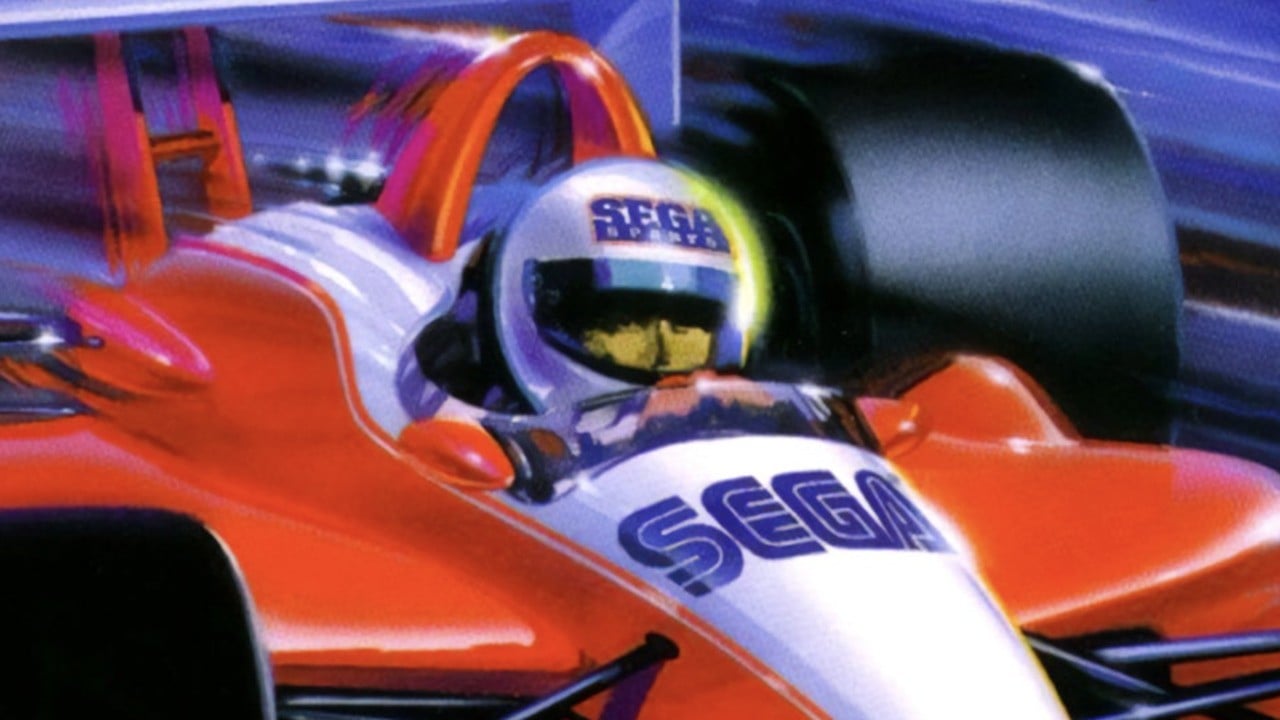When Sega decided to release the Virtua Processor (SVP) chip for its Mega Drive/Genesis cartridges in response to Nintendo’s success with the Super FX chip in Star Fox, it aimed to bring fast and convincing 3D visuals. However, the high cost of production became evident when only a single game utilized this technology: the Mega Drive/Genesis port of Virtua Racing.
Developer Hideki Sato noted that producing a cartridge with an SVP could cost up to $62 in modern money, compared to a typical mid-1990s video game price range of $40-$60. This high production cost meant that Sega did not profit significantly from the Virtua Racing release. A Sega PR representative even hinted at pricing it as high as $80 in Japan, which was nearly the price of the console itself at the time.
The SVP chip itself was a 128kbit RAM-powered Digital Signal Processor (DSP) that would only find its place in Virtua Racing.
How much would you have been willing to pay for a Virtua Racing cartridge at launch if it offered significant improvements over standard Mega Drive/Genesis games?



I tried it somehow back in the day (it might’ve been in a store) and it was absolutely amazing. Noticeably more polygons and higher frame rate than SuperFX games. The price was crazy, though. IIRC in Australia it was close to twice the price of an average Mega Drive game (like 1.7 or 1.8 times). As a kid that was way too much for me, especially for what was (aside from the 3D graphics) a very ordinary racing game (not really my taste even in the best case).
Several years ago I picked up a copy in Japan for just 100 yen. I didn’t particularly want the game per se, but knowing some of the history that OP outlined, I couldn’t pass it up at that price! However, even with retro game prices shooting up in recent years, the price of Virtua Racing for MD doesn’t seem to have ballooned as much as many other games, at least in Japan.